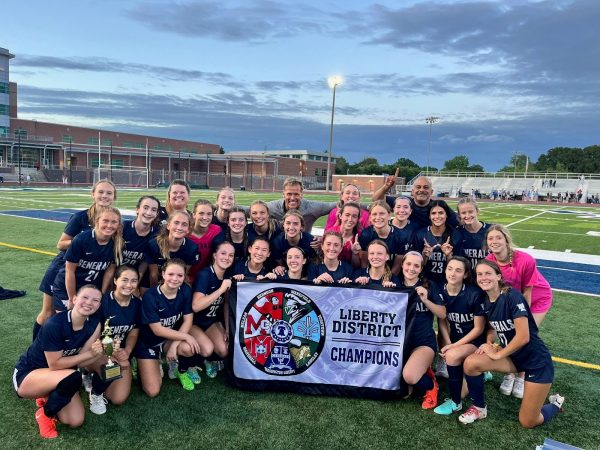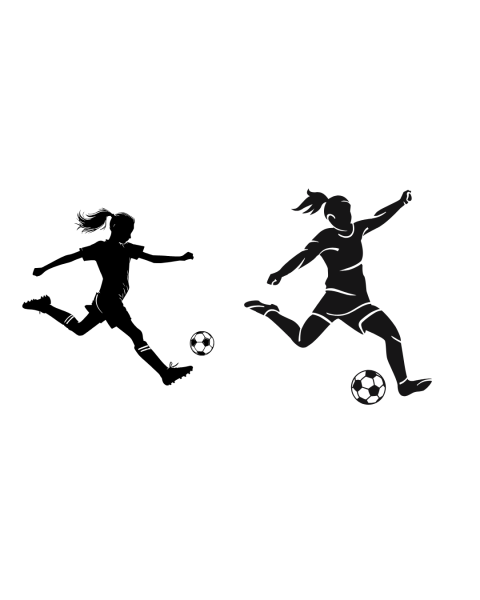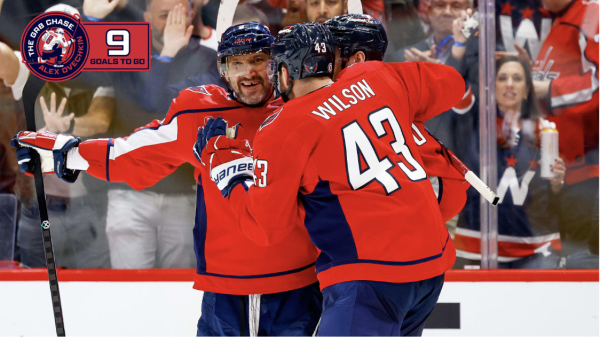Morale of a player
During games, it is not uncommon to have fans cheering on their respective team. However, fans can also become aggressive when their team is losing.
Coach Josh Shapiro has led the varsity football team for 15 years and says he can recall several occasions in which fans got particularly aggressive.
“[During one game], very inappropriate words were slung from their team to ours, towards a coach of ours, the fans got onto the field and got pretty close to a bad situation,” Coach Shapiro said. “We stopped the handshake line and got our kids on the bus.”
Situations along these lines have happened many times and may continue to happen. While nobody has gotten hurt, the impact on the team’s playing and mental health is important to take into account. Coach Shapiro stated that it was very dependent on the specific person on how they took it, but they have a general approach for seeing the fans and their reactions.
“We tell them that the fans are there as paid attendees,” Coach Shapiro said. “What they say or do shouldn’t affect what you’re doing in the game. They’re there to do what they see fit, but what they say to us doesn’t warrant our reply.”
As for the players themselves, it’s similar to what Coach Shapiro said: their opinions on fan reactions vary. When it came to an aggressive fan reaction and intense fan presence, varsity football player Victor Splan found it motivating.
“It got me excited for the game, [and] ready to play. [It] got us hyped up. And during the game, they’re yelling from the stands, and it makes me want to prove them wrong.”
However, for varsity football player James Massaro, he does not feel attached to the fan reaction in general.
“I don’t really think about the fans[.] We’re just focusing on the game, so we don’t really hear that much. I don’t even think about it at all.”
Coach Shapiro believed that fan reactions were improving more recently.
“Even in the rivalry games, I think it’s pretty positive,” Coach Shapiro said. “There’s been a recent trend for the winning team’s fans to pour onto the field, and that I think, if done appropriately, is fine. You want the students to be excited for the winning team, and to be part of that experience. There just shouldn’t be interaction with the losing team. If they can find a way to stay on their end of the court, it would be much less stressful for the team losing.”
Splan, however, had a different perspective, believing that they were still rather negative.
“We’ve played some schools with a good fan presence, [but] there has been a lot of negativity from their sideline. They do have a lot of negative sidetalk.”
Overall, athletes feel impacted by fan reactions mean a lot more than some might think. For some, it influences how they play, whether positively or negatively. However, as time goes on, there is still the possibility that fans can evolve to be more understanding without getting too aggressive and riling up the stadium.
“We’re supposed to set the bar for standards, so we can’t let ourselves be overcome by the emotion either,” Coach Shapiro said. “I think we have to set the example for them like, ‘Hey, that’s game. That’s how it goes. Let’s rally up and let’s go.’”










